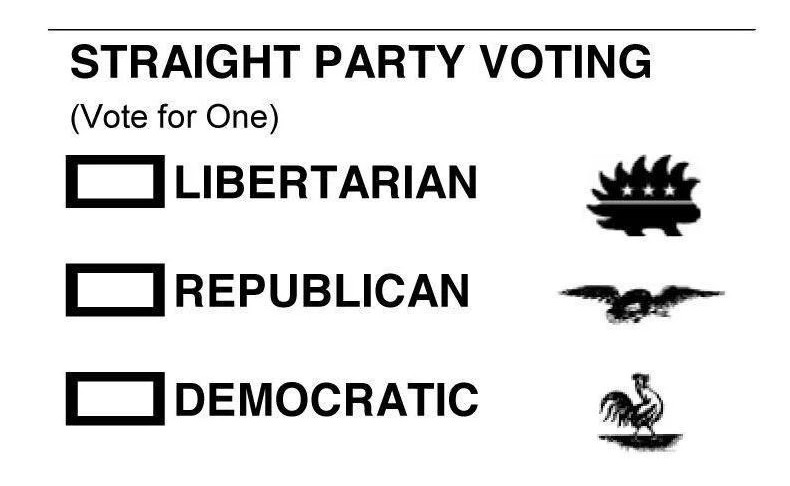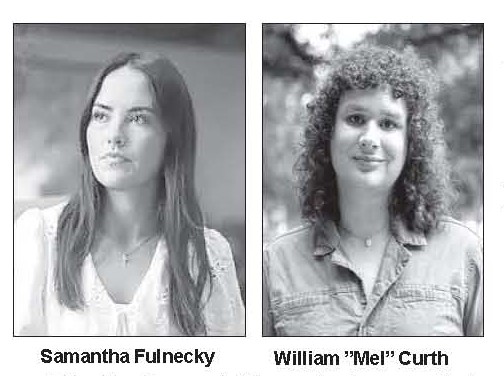Oklahoma Tax Commission Withdraws Rule on Electric Cars
The Commission directed its Tax Policy Division to respond to letter requests for rulings on whether specific vehicles qualify for the income tax credit. Electric vehicles judged to qualify for the credit will be published on the Oklahoma Tax Commission's website.
On September 17, the Tax Commission had announced a proposed new rule to determine what types of vehicles specifically qualify for the tax credit. They noted that Oklahoma law excludes "golf carts, go-carts and other motor vehicles which are manufactured principally for use off the streets and highways" from qualifying for the credit.
The proposed new rule was sent to the Gov. Brad Henry. By law, the governor is given 45 days to either approve or veto emergency rules. However, the rule quickly met with strong criticism from electric vehicle dealers and many of their customers. One week after an electric vehicle dealer sued the commission to block enforcement of the rule, the Tax Commission withdrew the amended rule before the governor acted.
The amended rule would have excluded vehicles that have the body configuration of a typical golf cart or go-cart rather than a traditional passenger automobile. Also excluded would be vehicles that are principally designed and manufactured for sporting or recreational purposes. While the statute approved by the Legislature specifically excludes "golf carts, go-carts, and other motor vehicles which are manufactured principally for use off the streets and highways," many sellers of electric vehicles claimed that their vehicles qualified for the credit because they were "street legal" qualified Low Speed Vehicles (LSVs) which can be legally be driven on certain public roads.
When the proposed emergency rule was presented, Paula Ross, Agency Spokesperson for the Tax Commission explained, "The rule further clarifies our policy that the credit may not be claimed for golf carts and other vehicles primarily produced for sporting or recreational purposes regardless of whether the vehicle is "street legal' for incidental use. The Tax Commission wants taxpayers to understand the State's credit prior to purchasing such a vehicle and not learn of an excluded credit when filing their state taxes next year."
State Rep. Mike Reynolds (R-Oklahoma City) noted that some electric vehicles marketed as "street legal" are "little more than souped up golf carts with headlights" and virtually all that are currently marketed in Oklahoma are made in China. Reynolds criticized the credit, noting that combined with a federal tax break, a person could effectively obtain low-cost electric vehicles (such as modified street legal golf carts) for free. Under state law, an individual can receive a tax credit for 50 percent of the cost of an alternative fuel vehicle.
The policy, passed to supposedly incentivize clean energy, could create a disaster for the economic outlook of Oklahoma government, Reynolds said. "For example, the current law, combined with federal incentives, would allow an individual to purchase an electric vehicle for around $11,000. They could then receive a credit on their withholding taxes, making the vehicle virtually free. This is the type of insane policy that has caused all taxpayers to distrust their elected officials," said Reynolds.
Under federal law, an individual can receive a tax credit of $5,435 for the purchase of a vehicle in the $11,000 price range. Under state law, an individual can receive a tax credit for an additional 50 percent of the cost of an alternative fuel vehicle. If an individual did not really want the "free" vehicle, he or she might then donate it to a charity or local church, receiving up to another $4,455 tax deduction gift "from the taxpayers that cannot afford to participate in this misguided plan," Reynolds said.
"This is one of the worst examples of government incentives. I expect it will cause a massive drain on the state treasury, but I feel obligated to tell all Oklahomans about it so they can demand that the problem be fixed," Reynolds said.
Roger Gaddis, owner of Ada Electric Cars, which sued the Tax Commission and its three commissioners to prevent enforcement of the emergency rule, was relieved to hear the rule was withdrawn. However, when the Tax Commission published its letter rulings concerning which vehicles qualified for the credits, the very vehicles he was concerned would not meet the amended qualifications were excluded. The Tax Commission ruled that the vehicles fell within the exclusion of "golf carts, go-carts and other motor vehicles which are manufactured principally for use off the streets and highways."
The tax credit expires at the end of this year.










Latest Commentary
Saturday 31st of January 2026
Saturday 31st of January 2026
Saturday 31st of January 2026
Saturday 31st of January 2026
Saturday 31st of January 2026
Saturday 31st of January 2026
Saturday 31st of January 2026
Saturday 31st of January 2026
Saturday 31st of January 2026
Saturday 31st of January 2026
Saturday 31st of January 2026
Saturday 31st of January 2026
Saturday 31st of January 2026